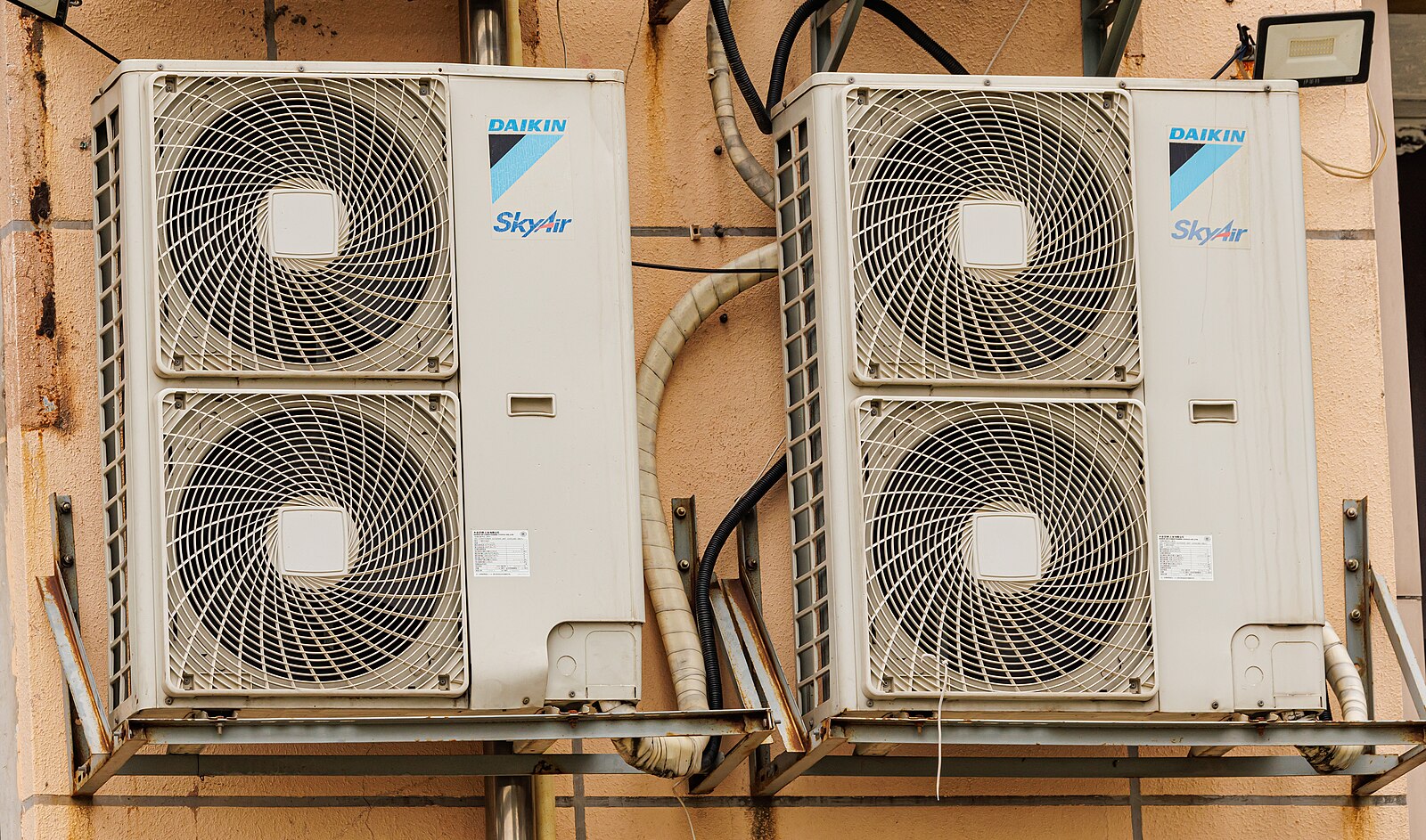When comparing Daikin and Mitsubishi air conditioning systems, there are several factors to consider, including technology, energy efficiency, product range, market presence, and brand positioning. Both companies offer advanced air conditioning solutions, but there are some key differences that can help you determine which one is better suited for your needs.
Technology Comparison
Daikin VRV (Variable Refrigerant Volume) Systems:
– Use a variable refrigerant flow technology that allows for precise temperature control and energy-saving modes.
– Utilize a centralized control system that can manage multiple indoor units from a single outdoor unit.
– Offer a wide range of indoor unit types, including wall-mounted, ceiling-mounted, and floor-standing models.
– Incorporate advanced compressor technology, such as the Daikin Inverter Compressor, which can adjust the refrigerant flow to match the cooling or heating demand.
– Employ a refrigerant management system that optimizes the refrigerant flow, reducing energy consumption and improving efficiency.
Mitsubishi Electric VRF (Variable Refrigerant Flow) Systems:
– Use a modular design that allows for greater flexibility in system design and installation.
– Offer a range of indoor unit types, including wall-mounted, ceiling-mounted, and floor-standing models.
– Incorporate advanced compressor technology, such as the Mitsubishi Electric Inverter Compressor, which can adjust the refrigerant flow to match the cooling or heating demand.
– Utilize a distributed control system, where each indoor unit has its own controller, providing individual temperature control.
– Employ a refrigerant management system that optimizes the refrigerant flow, reducing energy consumption and improving efficiency.
Energy Efficiency Comparison
 Image source: Daikin Air Conditioner Outdoor by Dinkun Chen
Image source: Daikin Air Conditioner Outdoor by Dinkun Chen
Daikin VRV Systems:
– Offer industry-leading energy efficiency ratings, with some models achieving SEER (Seasonal Energy Efficiency Ratio) values of up to 28.
– Utilize advanced technologies, such as the Daikin Inverter Compressor and refrigerant management system, to optimize energy consumption.
– Provide energy-saving modes, such as night setback and demand control, to further reduce energy usage.
– Comply with the latest energy efficiency standards and regulations, ensuring environmental sustainability.
Mitsubishi Electric VRF Systems:
– Offer high energy efficiency ratings, with some models achieving SEER values of up to 26.
– Incorporate advanced compressor technology and refrigerant management systems to optimize energy consumption.
– Provide energy-saving modes, such as night setback and demand control, to further reduce energy usage.
– Comply with the latest energy efficiency standards and regulations, ensuring environmental sustainability.
Product Range Comparison
Daikin:
– Offers a wide range of air conditioning solutions, including split and multi-split systems, as well as air-to-water and water-to-water heat pumps.
– Provides a variety of indoor unit types, such as wall-mounted, ceiling-mounted, and floor-standing models, to suit different installation requirements.
– Manufactures air conditioning systems for residential, commercial, and industrial applications.
– Offers a comprehensive range of accessories and control systems to enhance the functionality and user experience.
Mitsubishi Electric:
– Offers a comprehensive range of split and multi-split air conditioning systems.
– Provides a variety of indoor unit types, such as wall-mounted, ceiling-mounted, and floor-standing models, to suit different installation requirements.
– Manufactures air conditioning systems for residential, commercial, and industrial applications.
– Offers a range of accessories and control systems to enhance the functionality and user experience.
Market Presence and Brand Positioning
Daikin:
– Has a larger market share in Europe, with a strong presence in the premium air conditioning segment.
– Is known for its innovative technologies and high-quality products, positioning itself as a premium brand.
– Invests heavily in research and development to maintain its technological leadership in the industry.
– Emphasizes environmental sustainability and energy efficiency in its product design and manufacturing processes.
Mitsubishi Electric:
– Has a larger market share in Japan and some other Asian markets.
– Offers a wider range of air conditioning products at different price points, catering to a broader customer base.
– Is recognized for its reliable and well-engineered air conditioning systems.
– Focuses on providing innovative solutions and advanced technologies to meet the diverse needs of its customers.
When choosing between Daikin and Mitsubishi Electric for your air conditioning needs, it’s essential to consider your specific requirements, such as the size of your space, cooling and heating demands, energy efficiency goals, and budget. Both companies offer high-quality air conditioning solutions, but the choice ultimately depends on your personal preferences and the unique characteristics of your project.
References:
- Carlton Services, “Daikin vs Mitsubishi Electric – Air Conditioning Comparison,” https://www.carltonservices.co.uk/news/daikin-vs-mitsubishi-electric-air-conditioning-comparison/
- Ice Blast, “Daikin vs Mitsubishi Electric Air Conditioning,” https://iceblast.com.au/daikin-vs-mitsubishi-electric-air-conditioning/
- Magic Touch Mechanical, “Daikin vs Mitsubishi: Who’s King?,” https://airconditioningarizona.com/daikin-vs-mitsubishi-whos-king/
- HVAC-Talk, “Deciding between Mitsubishi and Daikin mini-split,” https://hvac-talk.com/vbb/threads/2238007-Deciding-between-Mitsubishi-and-Daikin-mini-split
